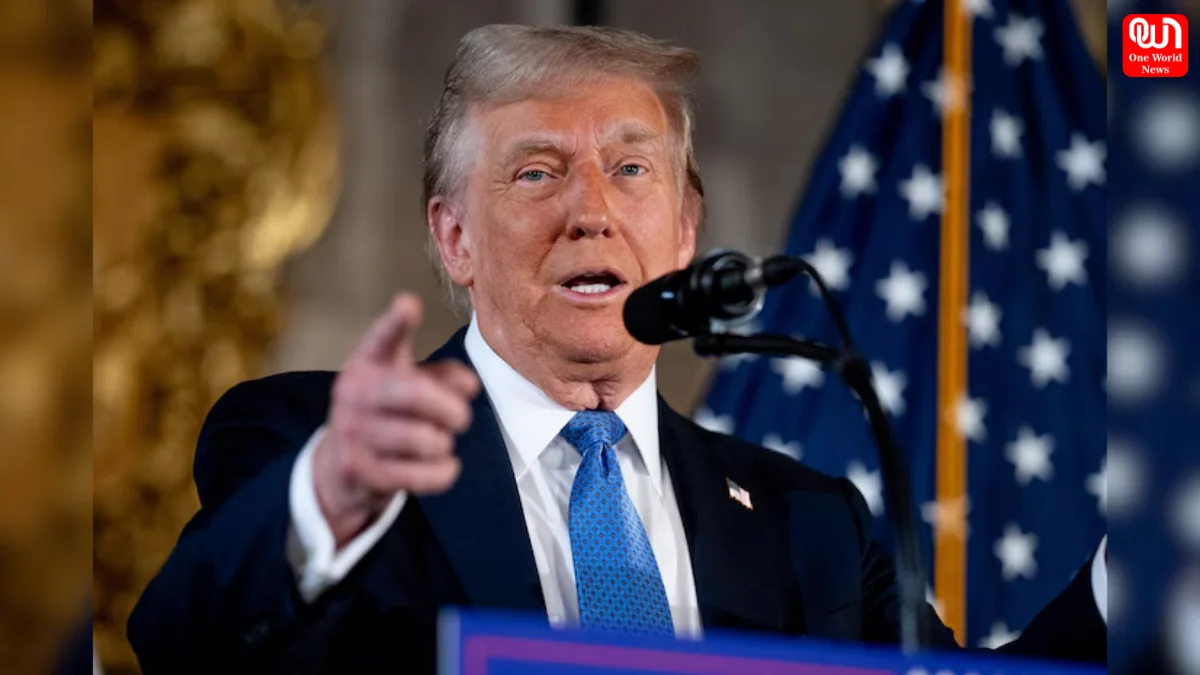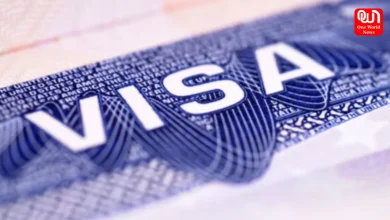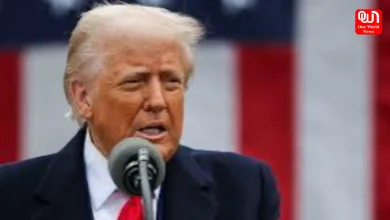Trump Imposes 25% Car Tariff, Promises Zero for US Manufacturing
President Trump announced a 25% duty on imported automobiles and some auto parts on March 26, 2025
Trump Imposes 25% Car Tariff to Boost US Manufacturing
President Trump announced a 25% duty on imported automobiles and some auto parts on March 26, 2025, asserting national security interests under Section 232 of the Trade Expansion Act of 1962. The purpose of this order is to create domestic manufacturing and reduce reliance on foreign imports of automobiles. 
The tariffs will be effective from April 2 and will apply to passenger vehicles, covering cars, SUVs, crossovers, minivans, and cargo vans, light trucks, and some major components, including engines, transmissions, powertrain parts, and electrical systems. For cars imported from Mexico and Canada, import taxes will be levied only on their non-U.S. content, although the importers will have the option to certify U.S. content to their automobile imports under the United States-Mexico-Canada Agreement (USMCA). 
President Trump proclaimed that these tariffs are meant to protect the U.S. automotive industry, which, in his view, is of national security importance. He pointed out that of the 16 million vehicles sold in the U.S. during 2024, maybe half were imports; in the meantime, the trade deficit for auto parts was $93.5 billion. The administration expects the tariffs will bring in $100 billion each year while incentivizing companies to ramp up domestic production.  
The announcement has been met with strong objections by international partners, with Canada taking the largest offense. Prime Minister Mark Carney railed against the tariffs for being a “direct assault” on Canadian autoworkers and the country’s economy. He quickly held an emergency Cabinet meeting and unveiled a CA$2 billion fund meant to protect auto industry jobs. Approximately, the auto industry is Canada’s second-largest export industry, employing directly some 125,000 workers and sustaining another 500,000 indirect jobs.   
Ontario Premier Doug Ford voiced concern that the tariffs could lead to concurrent shutdowns of assembly plants on both sides of the border. This interlinked state of the U.S. and Canadian auto industry means that such disruptions lead towards massive repercussions along the supply chain and marketing for both countries. 
Read more: Elon Musk Responds to Shivon Zilis’ Post, Ignores Ashley St Clair’s Claims
Industry officials are saying they are worried about the cost of consumers and the general economy. Flavio Volpe, president of the Automotive Parts Manufacturers’ Association, explains that automotive parts often cross the U.S.-Canada border more than once before they end with final assembly. According to him, a 25% tariff would likely cause immense destruction in the form of higher production costs and higher prices for consumers, as this type of tariff would also destroy North America’s heavily integrated auto industry and hurt both Canadian and American workers. 
Correspondingly, David Adams, president and CEO of Global Automakers of Canada, stated the tariffs would hurt the jobs and livelihoods on both sides of the border. He has called for active and immediate action to mitigate the potential economic damage. 
President Trump has now indicated that he is open to negotiations and might adjust tariffs for those countries that make efforts to deal with trade imbalances and non-tariff barriers. However, as things stand now, the administration intends to move forward with the imposition of 25% tariffs on April 2, with the view to strengthening domestic manufacturing and protecting national security interests.
We’re now on WhatsApp. Click to join.
Like this post?
Register at One World News to never miss out on videos, celeb interviews, and best reads.








